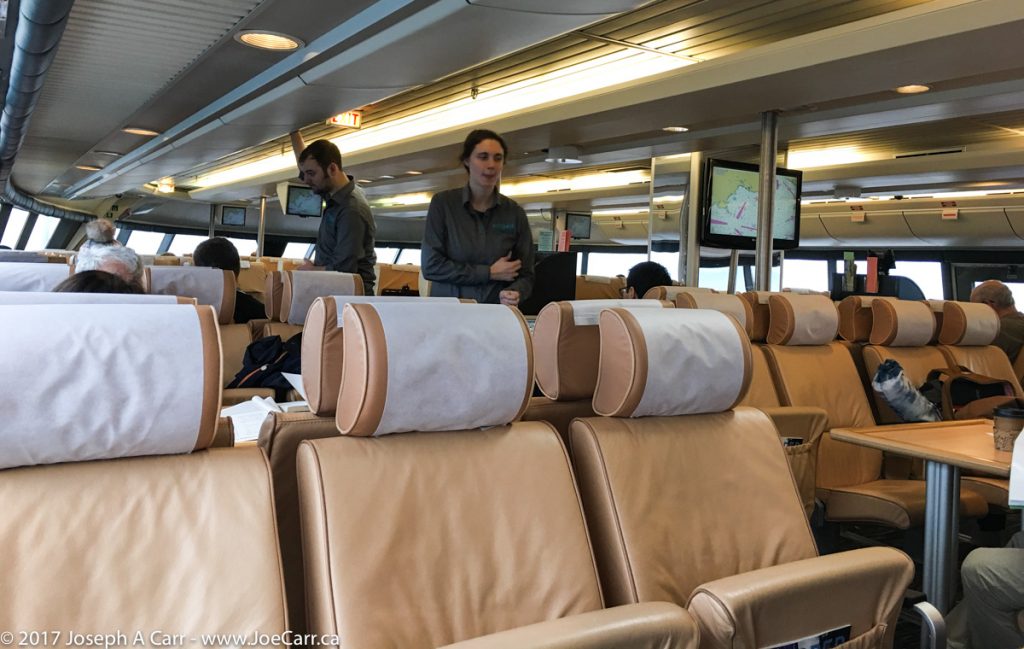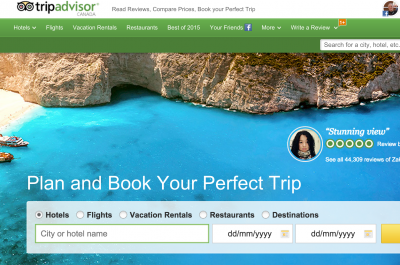Where to?
If you have a “bucket list”, obviously you should start with your highest priority destination. Work on that destination (or destinations), and if the arrangements fall into place, then you are on your way! If you run into roadblocks, it might be a good idea to consider another destination. When traveling long distances, consider visiting more than one destination or country – make that airfare, cruise, or train ticket work extra hard for you! Consider an “open jaw” airfare, where you arrive in one city and leave for home from somewhere else.
Will you fly, cruise, take a train, or drive?

Will it be a cruise, a tour, solo travel, economy airfare or premium? Once you know where you are going, arranging for the basic transportation is the next task.
- Airlines – Airfares are usually cheaper when purchased in advance rather than at the last minute, so book your airline tickets first, then structure the rest of your trip around your arrival and departure times. Airfares vary on different days of the week and different times of the month and year, so if you’re flexible with your departure time, select that option on the booking website so cheaper fares can be found for you to consider. If you want to use points/air miles to pay for an airfare, you will have to use a specific website for that loyalty program, which means you may not be getting the best travel value, or be able to book specific flights due to blackouts.
- Ships, cruises & ferries – Cruise fares often sell off for bargain prices starting a few months before departure, so buy them as late as possible. The downside to arranging for a cruise only a few months ahead of time is the choice of cabins will be reduced, some shore excursions may be fully booked, and you may be stuck paying more for airfares to get to/from departure points. If you are taking a ferry, make a reservation if you know the time you will arrive at the terminal or need to arrive at the destination at a particular time, otherwise you may waste hours waiting around!
- Trains – Traveling by train has fallen out of favour with many travellers in North America, but trains are well worth considering when the location you are traveling to is well-served by trains. High speed train travel, when combined with rail passes can also be a good way to get to different parts of a large country (or adjacent countries) and avoid the stress of driving or flying. Be aware that long distance passenger train schedules are rarely accurate (especially in North America), so plan to give yourself a day or so before boarding and after leaving those trains. In contrast, commuter trains, inter-city trains and European trains usually have very accurate schedules, and are modestly priced.
- Car rentals – If you are driving to a destination instead of flying, you will need to prepare for spending days on the road. It is also important to keep a close eye on car rental rates, since they can jump around based on demand, and even from location to location within a city or region. Car rental companies are notorious for extra charges. Often, the most costly extra they try to sell you is some form of “no questions asked” insurance coverage. Arrange with your own auto insurance company or your auto club for coverage, so when you get to the car rental counter, they will have nothing extra to sell you. If you have a premium credit card, “CDW” collision insurance is often included as a perk, but read the fine print to ensure you will be fully covered.
- Tours – Tours are great because everything is usually arranged for you. All you have to do is show up each morning! The downside is you are part of a group, so no matter where you go, there is a crowd with you. Tours typically give you time at each locale and then they move on. You need to be flexible when traveling with a tour group because not all the arrangements (or possibly tour members) may suit you. You will have to take the good with the bad. That said, traveling on tours will ensure you see the sights at a particular locale, and often a local guide is provided to help you understand the history of a place or the cultural significance of your travel experience. Rarely can you achieve this yourself unless you are highly organized, or hire a private guide/driver.
Accommodation

There is a huge choice, when it comes to deciding where you are going to sleep. If you are flying or taking a train, choosing a hotel, resort or a guest house are some good options. Cruising obviously includes a stateroom, but be careful to choose carefully, since cruise lines are experts at tempting their passengers with upgrades! Road trips using your own vehicle or a rental has the potential of keeping expenses down, especially if several people are travelling together. Motels and other roadside accommodation such as campsites and RV parks can work well, depending on your expectations and willingness to possibly prepare your own meals and take on navigation, planning, and other “work”. If you are driving solo or just a couple, Bed and Breakfast accommodation can work really well, but pay close attention to the ratings (and rates) for the properties.
Using time shares or travel points to book accommodation is often fraught with problems, but if you are smart about it and know how to work the system, some incredible deals are possible!
Planning a trip can be almost as much fun as the trip itself
Some people like travel planning, and others don’t. If you are the latter, you should contact a travel agent to assist you with the details. Be prepared to pay their agency fees, since travel agents don’t work for free and they can no longer rely on being paid by commissions for all bookings.
If you like to do your own travel planning, the good news is that with the advent of travel information being widely available online, this job has become a whole lot easier! The downside to having all this information being available is that it can become overwhelming. How to decide? What information to trust? Will these arrangements really work for us?
Checking out reviews is one way to help select accommodation and other travel arrangements, however always treat reviews cautiously. Some positive reviews may be written by the properties being reviewed; negative reviews may be posted by their competitors; and other reviews may be posted by individuals who have not actually stayed at the property in question! Ensure there is a good collection of reviews, and they are all trending to the same conclusion.
Big travel websites such as TripAdvisor, LonelyPlanet and Rick Steves can be very valuable, since they have global reach, often have hundreds of travellers and travel experts posting their experiences ratings, and they can also offer hints on what to do (and avoid) at a destination. Keep in mind they make their money by displaying ads, selling guide books, tours and other travel arrangements. Before you click the “buy” links on these websites, check around to ensure you are getting the best value for your travel budget.
Travel consolidators can offer significant savings, but deal with them with open eyes. Some consolidators are hard to contact if something goes wrong while you are traveling and need to change some arrangements. Airfares offered by consolidators often restrict rebooking, so be sure you can live with the arrangements you are agreeing to before clicking that “Buy” button! Find out if the travel consolidator you are dealing with is covered by your country’s travel industry insurance and certification, otherwise you may have no recourse if you are dissatisfied with their services, or you may have to chase them down in a foreign country. Some travel consolidators JoeTourist recommends: Travelocity or Expedia.
Costs and budgets
Tracking how much a trip will cost you is essential to enjoying your travel. There are two ways to do this:
- establish a budget and spend up to the amount you give yourself
- keep a running total of what the trip is costing so far and just pay for it
In both cases, itemizing your travel arrangements in a spreadsheet is an excellent idea. Playing around with various scenarios is easy in a spreadsheet. You may find you need to shorten your trip to live within your budget, or you might need to skip an expensive excursion in favour of doing your own thing for a day or two instead. You might even decide it would be wise to delay the trip to give you more time to save for it.
Ensure you cost everything in the same currency. For most people, using US$ is the best idea, since travel is usually priced in this currency and paid for in US$ as well. However, if your trip is fully contained within Europe, using Euros would make more sense. Otherwise, have columns in your spreadsheet for local currencies, conversion rates, and use your home country currency.
Keep in mind, you are traveling to have fun. Give yourself a budget item called “Miscellaneous”, and don’t forget to provide for tips, celebratory meals, gambling, drinks, and special treats. If you want to take a ferry to Capri, zoom up to the observation deck of the Burj Khalifa in Dubai (tallest building in the world), or stay at the (very posh) Raffles Hotel in Singapore, you had better include these items in your budget!


